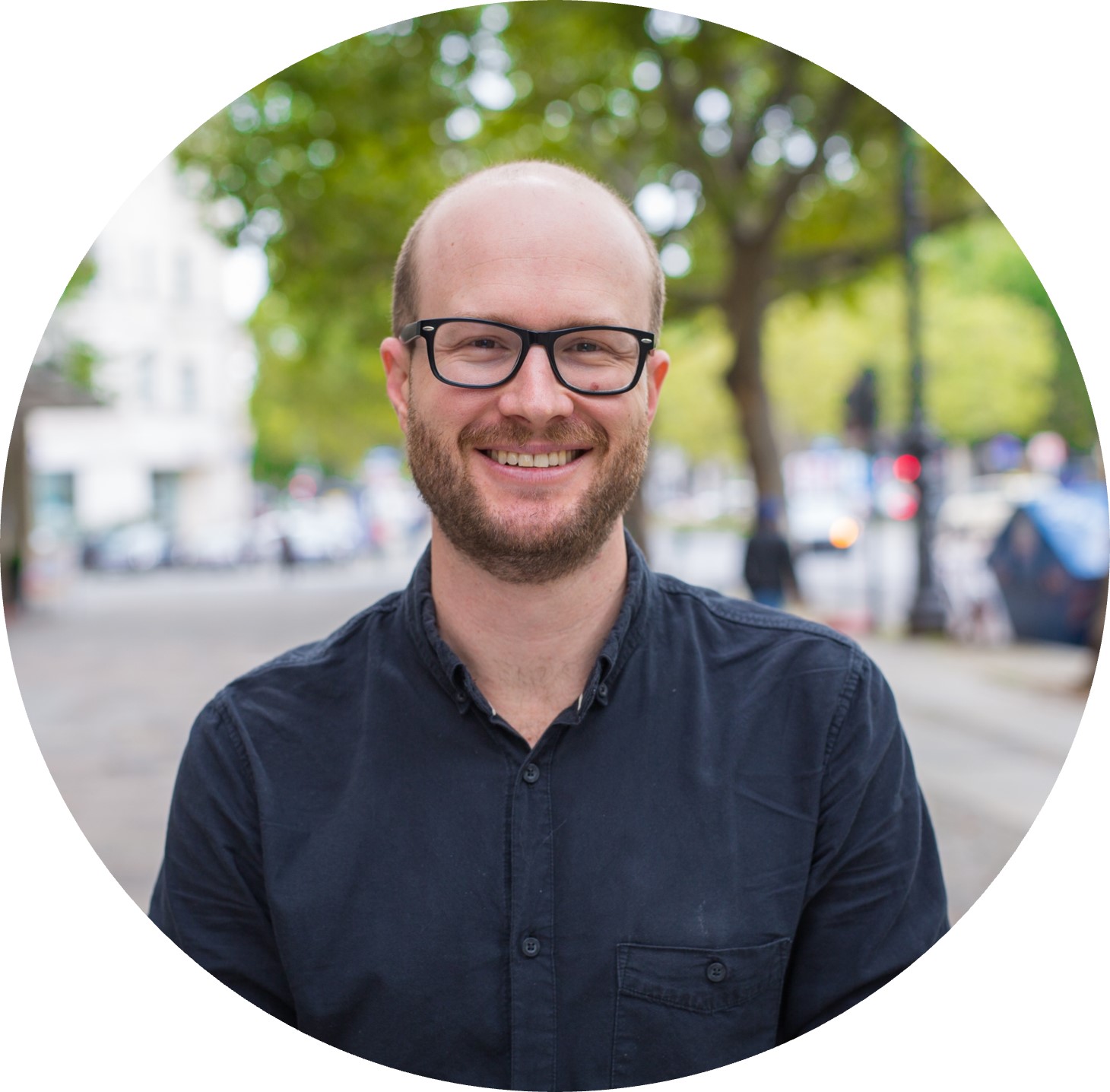Tesla has sold Maxwell Technologies, a company it bought in 2019 in an all-stock deal at the time. The electric carmaker did not officially announce the sale to investors or the market, or mention it in its earnings call, unlike the acquisition announcement.
Instead, a press release issued by ultracapacitor company UCAP Power indicated it had purchased the “Maxwell brand [and] Maxwell Technologies Korea business, as well as other assets from Maxwell Technologies.”
Hidden in the detail was the fact Tesla has held on to key Maxwell technology, namely its dry battery electrode (DBE) process methodology.
Tesla CEO Elon Musk confirmed the sale in a series of tweets, noting the irony of selling off technology he had personally investigated. Musk said lithium-ion has Maxwell's capacitor technology “covered.”
A second tweet confirmed the dry electrode element Tesla spoke about at its Battery Day 2020, as part of a next-generation 4680 cell design the company is working on bringing to market.
Dry electrode is a key piece (one of many pieces) of the puzzle for lowering cost of lithium batteries.
That said, it has required an *immense* amount of engineering to take Maxwell’s proof-of-concept to high-quality, volume production & we’re still not quite done.
— Elon Musk (@elonmusk) July 21, 2021
Musk, in a podcast hosted by Third Row Tesla in January last year, had said ultra-capacitors were unnecessary for electric vehicles.
At the time of the podcast, Musk said his company was looking at “several” of Maxwell’s battery technologies, including the dry electrode process:
Popular content
“It’s kind of a big deal. Maxwell has a bunch of technologies that, if they are applied in the right way, I think can have a very big impact.”
In response to a direct question in the podcast, Musk confirmed dry electrode technology could be a “bigger deal than it may seem.”
DBE is a solvent-free coating technology process for anodes and cathodes. It offers high energy density cells while reportedly not compromising physical properties and electrochemical performance, as well as better discharge rates, according to the Dry Electrode Coating Technology paper submitted by Maxwell Technologies to the Power Sources Conference in 2018.
That academic paper stated the process is better for the environment than conventional approaches as it reduces CO2 emissions, eliminates the use of toxic solvents, and reduces drying complexities.
Tesla's apparent aim is to use DBE as part of the 4680 battery, one of a host of technologies with the cell that it and partners Panasonic and LG are working towards commercializing. The initial usage would be for its electric vehicles, including the Model Y, Cybertruck and Tesla Semi, with large-scale Megapack storage possible at a later stage.
In its second-quarter financial results, Tesla updated on its progress with the 4680 cells, which continue to get nearer volume production:
We have successfully validated performance and lifetime of our 4680 cells produced at our Kato facility in California. We are nearing the end of manufacturing validation at Kato: field quality and yield are at viable levels and our focus is now on improving the 10% of manufacturing processes that currently bottleneck production output. While substantial progress has been made, we still have work ahead of us before we can achieve volume production. Internal crash testing of our structural pack architecture with a single-piece front casting has been successful.
Tesla has in the past said it aims to achieve 4680 battery production goals of 100 GWh by 2023, and 3,000 GWh by 2030, in a bid to reduce the cost per kilowatt-hour of the product.
UCAP Power was formed in 2019, after the Tesla acquisition of Maxwell Technologies, with staff of the latter business starting the ultracapacitor venture, including CEO Gordon Schenk, and general manager Troy Brandon. UCAP is a portfolio company of Californian non-profit tech incubator EvoNexus.
This content is protected by copyright and may not be reused. If you want to cooperate with us and would like to reuse some of our content, please contact: editors@pv-magazine.com.



6 comments
By submitting this form you agree to pv magazine using your data for the purposes of publishing your comment.
Your personal data will only be disclosed or otherwise transmitted to third parties for the purposes of spam filtering or if this is necessary for technical maintenance of the website. Any other transfer to third parties will not take place unless this is justified on the basis of applicable data protection regulations or if pv magazine is legally obliged to do so.
You may revoke this consent at any time with effect for the future, in which case your personal data will be deleted immediately. Otherwise, your data will be deleted if pv magazine has processed your request or the purpose of data storage is fulfilled.
Further information on data privacy can be found in our Data Protection Policy.